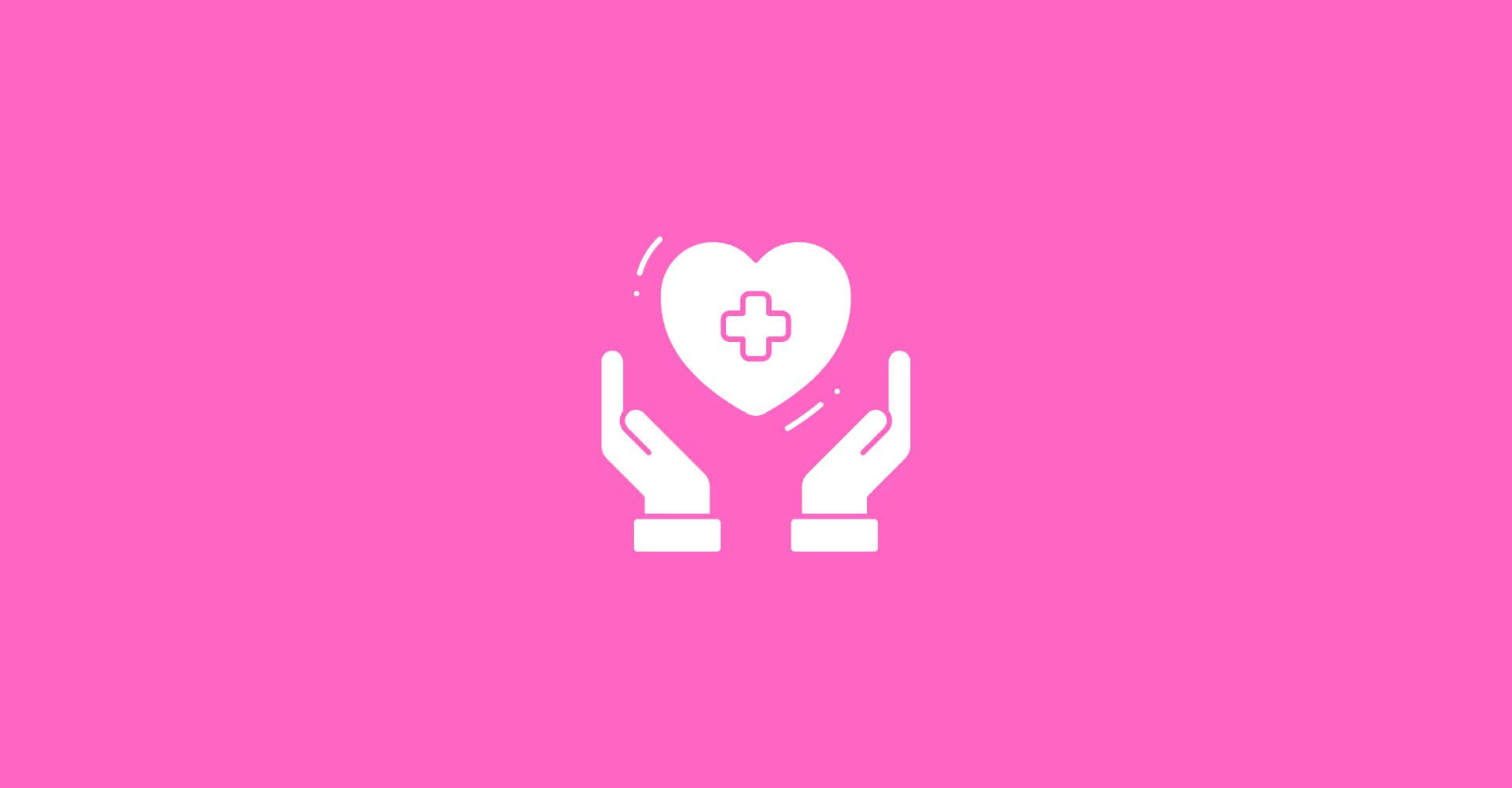In today’s ever-evolving job market, the healthcare sector stands out as a bastion of stability and growth. However, the misconception persists that pursuing a career in healthcare necessitates years of medical school and extensive residency programs. While becoming a doctor is undoubtedly a noble and rewarding path, it’s not the only route to a fulfilling and financially rewarding career in healthcare. In this article, we’ll delve into some lesser-known yet equally impactful healthcare professions that don’t require a medical degree.
Registered Nurse (RN):
Nursing is a cornerstone of the healthcare industry, offering a diverse array of career opportunities. Registered nurses play a crucial role in patient care, working alongside physicians to provide treatment, administer medication, and educate patients about managing their health. To become an RN, aspiring candidates typically need to earn a Bachelor of Science in Nursing (BSN) or an Associate’s Degree in Nursing (ADN) and pass the NCLEX-RN exam.
Physician Assistant (PA):
Physician assistants work under the supervision of physicians, performing various tasks such as diagnosing illnesses, developing treatment plans, and prescribing medication. PAs usually complete a master’s degree program accredited by the Accreditation Review Commission on Education for the Physician Assistant (ARC-PA) and obtain state licensure.
Physical Therapist (PT):
Physical therapists specialize in helping patients recover from injuries and illnesses by improving their mobility and reducing pain. They design personalized treatment plans that may include exercises, manual therapy, and other techniques. To become a licensed physical therapist, individuals must complete a Doctor of Physical Therapy (DPT) program and pass the National Physical Therapy Examination (NPTE).
Occupational Therapist (OT):
Occupational therapists assist individuals with disabilities or injuries in regaining independence in daily activities, such as dressing, cooking, and working. They evaluate patients’ abilities and design interventions to improve their functional skills. Aspiring occupational therapists typically need a master’s degree in occupational therapy and must pass the National Board for Certification in Occupational Therapy (NBCOT) exam.
Diagnostic Medical Sonographer:
Sonographers use ultrasound technology to create images of patients’ internal organs and tissues for diagnostic purposes. They play a vital role in assisting physicians in diagnosing various medical conditions without invasive procedures. Most diagnostic medical sonographers obtain an associate’s or bachelor’s degree in diagnostic medical sonography and may pursue professional certification.
Medical Laboratory Technician (MLT):
Medical laboratory technicians perform laboratory tests on specimens like blood and tissue samples, helping physicians diagnose and treat diseases. They operate sophisticated laboratory equipment and analyze results, playing a crucial role in patient care. MLTs typically complete an associate’s degree program in medical laboratory technology and may pursue certification through organizations like the American Society for Clinical Pathology (ASCP).
Radiologic Technologist:
Radiologic technologists specialize in capturing medical images, such as X-rays, MRIs, and CT scans, to assist in diagnosing medical conditions. They ensure patients are positioned correctly and operate imaging equipment safely and effectively. Most radiologic technologists earn an associate’s or bachelor’s degree in radiologic technology and must be licensed or certified in their state.
These are just a few examples of healthcare careers that offer substantial opportunities for professional growth and fulfillment without the extensive time and financial commitment of medical school. Each of these professions plays a vital role in delivering quality healthcare services and improving patient outcomes. Aspiring healthcare professionals should explore these options and consider which path aligns best with their interests, skills, and career goals. With dedication, continuous learning, and a passion for helping others, individuals can thrive in these rewarding healthcare roles and make a meaningful difference in people’s lives.






